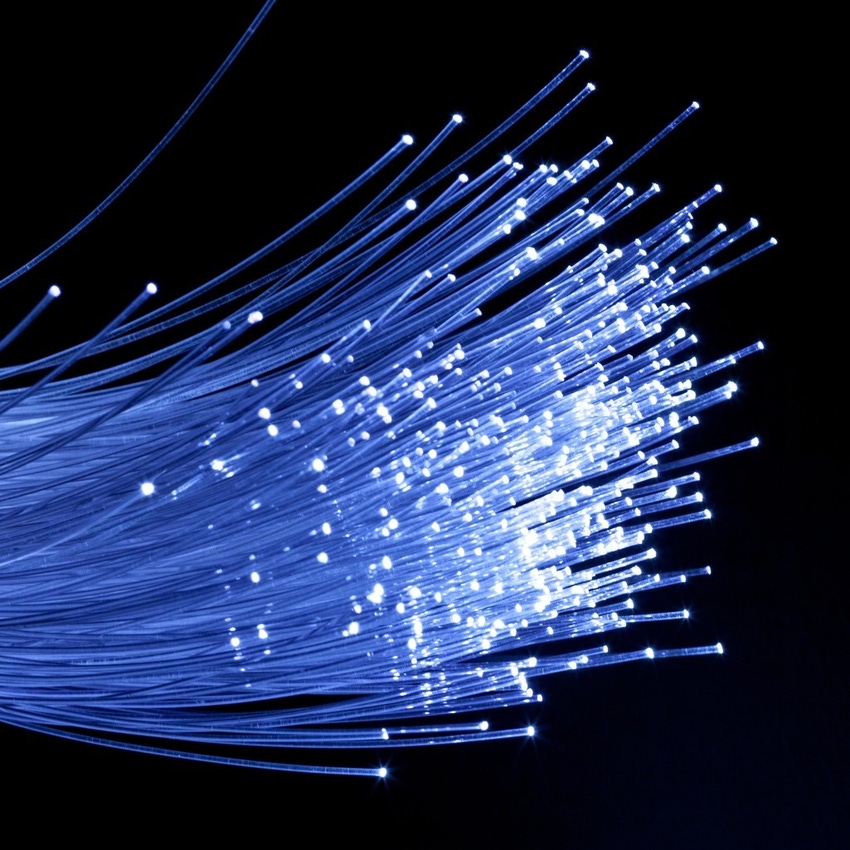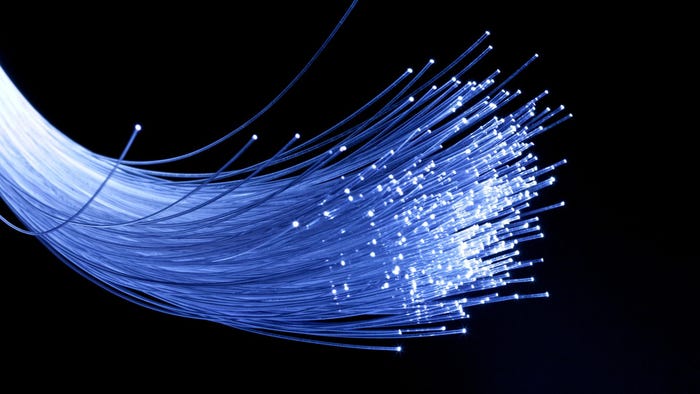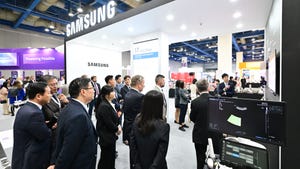US-made products for middle mile builds 'not available' – NTIA
NTIA proposed a limited waiver on 'Build America, Buy America' rules for middle mile broadband grants. Comments on the proposal are due October 3.

Comments are due today (October 3) on a new NTIA proposal that would waive "Build America, Buy America" (BABA) rules for recipients of middle mile grant funding through the infrastructure law.
Last week, following months of pressure from broadband industry trade groups, and after conducting an industry assessment, the Department of Commerce and NTIA released a notice proposing a limited non-availability waiver of the "Buy America" rules for middle mile grant recipients. Applications for the $1 billion middle mile grant program were due on Friday, September 30.
Figure 1:  NTIA found in its industry assessment that while the US produces optical fiber in "sufficient" quantities, most assembly occurs in Mexico.
NTIA found in its industry assessment that while the US produces optical fiber in "sufficient" quantities, most assembly occurs in Mexico.
(Source: gualtiero boffi/Alamy Stock Photo)
According to the notice, NTIA said that it became clear during its assessment that the impact of the rules "would likely be particularly significant, necessitating an approach that acknowledges the non-availability of certain construction materials and manufactured products" needed for middle mile builds, with awards expected to be announced "as early as spring of 2023."
While there are efforts underway to boost US manufacturing, including through the recently passed CHIPS and Science Act, there won't be enough domestic supply available in time for middle mile buildouts, said the agency.
Specifically, NTIA in its assessment found that 67% of "the value of a middle mile network device is derived from communications components sourced exclusively from Asia." That includes switches and routers, dense wave division multiplexing (DWDM) transport equipment and broadband access equipment.
While the US has "sufficient" quantities of optical fiber, cable assembly "generally occurs in Mexico," said NTIA.
And on the semiconductor front, NTIA found that "the median inventory of semiconductor products fell from 40 days in 2019 to less than 5 days in 2021," and that currently only 12% of semiconductor production occurs in the US.
'Limited' waiver
As such, NTIA is proposing "a limited exemption from application of the Buy America Preference as applied to limited classes of manufactured products and construction materials" for recipients of middle mile grant funding.
Those products and materials include anything categorized under routing and switching equipment, microwave backhaul, transport equipment, optical line terminals, fiber optic equipment, undersea cables and fixed test equipment.
While the waiver would come as a relief for many on the service provider side that have been pushing for it, some broadband equipment vendors with US manufacturing facilities, like DZS and Adtran, for example, have spoken favorably of the rule.
On the company's Q2 earnings call, DZS CEO Charlie Vogt referenced the middle mile grant program as "something that could provide some upside with decent margins into '23."
Notably, NTIA said that while US-made broadband materials don't exist "in the quantity required," it would commit to connecting middle mile grant recipients with "existing domestic manufacturers to encourage the use of domestically manufactured components whenever possible."
Public comments on the proposed waiver are due October 3, 2022, at 11:59 p.m. ET. If granted, the waiver would take effect from March 1, 2023, to March 1, 2024, and will be reviewed "no less than every six months," said NTIA.
Given the unlikelihood of a rapid surge in domestic broadband equipment, the issue is likely to heat up again surrounding the much larger $42.45 billion Broadband, Equity, Access and Deployment (BEAD) program once that funding gets to states in 2023 or 2024.
Related posts:
— Nicole Ferraro, editor, Light Reading, and host of "The Divide" podcast.
About the Author(s)
You May Also Like












